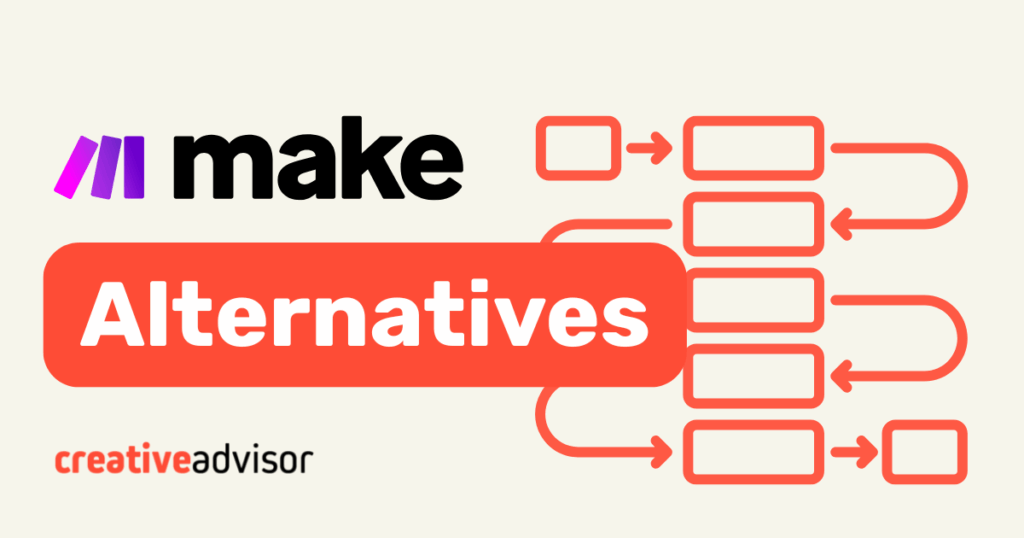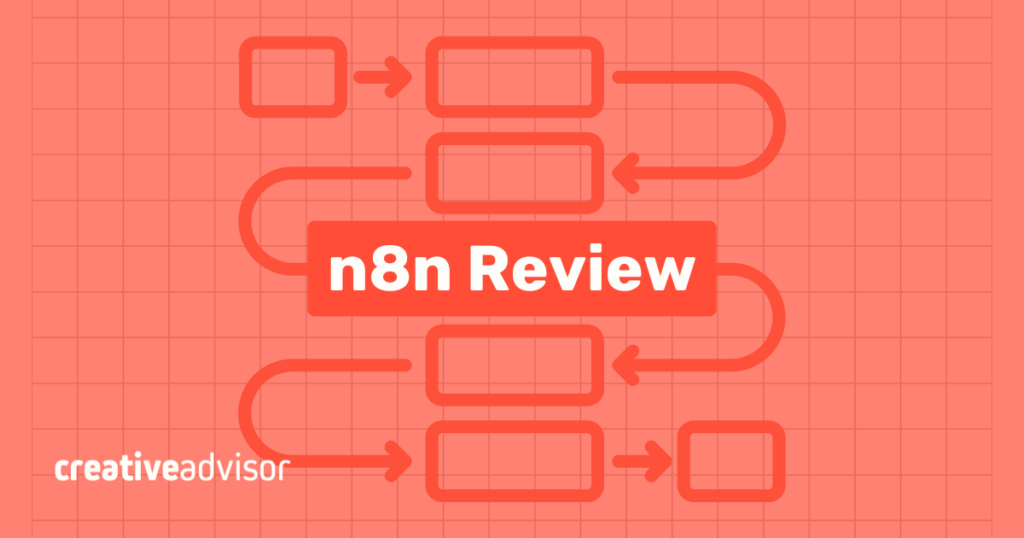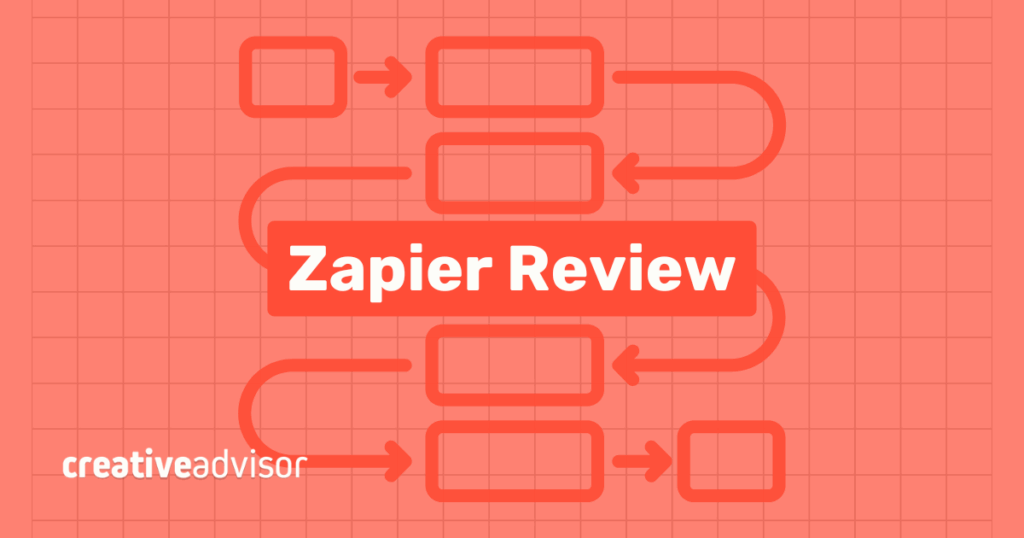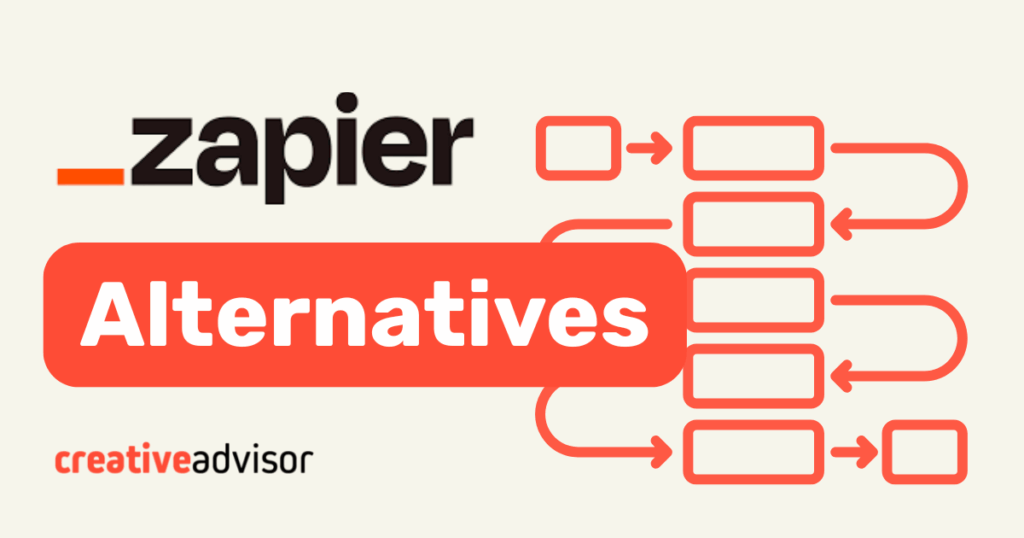Make offers deep flexibility for teams that need visual, API-heavy automation. Its advanced tools make it powerful, but they also add complexity and can make costs unpredictable under the credit model.
Because of this, many businesses explore alternatives that provide easier setup, clearer pricing, or governance features better suited to their daily workflows.
Why choose an alternative to Make?
Make is popular for its flexibility and features, but recurring challenges may drive teams to explore other options.
- Rising costs as task volume grows. A company processing thousands of customer orders each day can burn through credits quickly, leading to higher-than-expected invoices.
- Complexity for non-technical users. Routers and iterators allow fine control, but small teams without developers often lose hours troubleshooting errors.
- Scaling issues with large workflows. Multi-branch automations become harder to manage and slower to maintain as they expand.
- Limited customization for governance. Businesses that need strict oversight, such as audit-ready error handling or fine-grained data controls, may find gaps.
- Uneven integration depth. Apps like Gmail, Slack, and Sheets are well supported, but certain CRMs and niche tools offer fewer triggers and actions.
These challenges push many businesses toward platforms that are simpler, easier to price, or designed for specific use cases such as enterprise security or SMB affordability.
What to look for in a Make alternative
Choosing the right automation platform takes more than scanning feature lists. Teams should focus on factors that directly affect cost, adoption, and long-term scalability.
- Ease of use. A guided interface helps non-technical teams get started quickly. For example, Zapier’s drag-and-drop logic paths let many users launch their first workflow in minutes, while Make often requires deeper setup.
- Predictable pricing. Usage-based billing works for small projects but can get expensive fast. Zapier tiers pricing by tasks with overage fees, while Pabbly Connect markets flat-rate plans that remove per-task anxiety.
- Integration depth Library size matters, but so does quality. A platform may boast thousands of apps, yet if the Salesforce connector only syncs basic fields, it may not meet business needs.
- Scalability and stability. Enterprise-focused platforms like Workato and Tray.ai are built to handle concurrency, multiple environments, and large workloads without frequent failures.
- Security and governance. Regulated industries often require SSO, audit logs, and user permissions. These are supported in enterprise editions of Make and Workato but may be missing in SMB tools like IFTTT or Integrately.
Keeping these criteria in mind helps businesses select a platform that works today and adapts as needs evolve.
| Platform | Best for | Pricing Snapshot (Sept. 2025) | Library/Coverage | Complexity | Where it falls short |
|---|---|---|---|---|---|
| Make | Advanced, visual, API-heavy builds | From $9/mo (10k credits). Free plan limited to 1k credits with 15-min runs. | 3,000+ apps | Intermediate | Hard credit caps, slower support on lower tiers, AI tools still in beta. | Zapier | SMB teams, quick setup | Free Plan Pro$19.99/mo annual Team $69/mo annual Enterprise-requested pricing |
8,000+ apps | Beginner | Hard task caps and step limits, slower support on lower tiers, not HIPAA compliant. |
| Relay | Small teams wanting simple, AI-powered automation. |
|
100+ apps | Beginner | Smaller app catalog, AI and step caps pause workflows mid-cycle, email-only support. |
| Lindy | AI-native, agent-based automation |
| 3,000+ apps | Beginner | Credit caps limit heavy workloads, cloud-only hosting reduces flexibility, and enterprise controls are still maturing. |
| IFTTT | Personal and lightweight automations | Free plan Pro $2.99/mo annual-$3.99/mo. Pro+ $8.99/mo annual-$12.99/mo |
2,000+ apps | Beginner | Not suited for business workflows, limited advanced features, smaller ecosystem. |
| Workato | Enterprise automation and security | Usage-based. Enterprise editions require sales contact. | 1,200+ apps | Expert | Opaque pricing, requires technical setup, cloud-first architecture adds steps for hybrid systems. |
| Integrately | One-click automation setups | $19.99-$239/mo annual (2k-150k tasks). | 1,400+ apps | Beginner | Fewer advanced tools, smaller library than major competitors, limited customization. |
| n8n | Developers, open-source flexibility | Self-host free Starter $20/mo annual-$24/mo Pro $50/mo annual-$60/mo |
1,200+ apps | Intermediate | Steep learning curve, DevOps upkeep when self-hosting, limited support on basic plans. |
| Pabbly Connect | Budget-friendly automation | Free plan Standard $16/mo annual-$19/mo Pro $33/mo annual-$39/mo Ultimate $67/mo annual-$79/mo |
Wide and growing | Beginner | Fair-use limits apply on “unlimited” plans, less polished interface, smaller integration ecosystem. |
| Tray.ai | Scaling SaaS and advanced integrations | Usage-based, enterprise-packaged via sales. | Strong API connectors | Expert | No public pricing, complex for small teams, higher costs at scale. |
Our featured partners
Top Make alternatives
When Make’s advanced builder feels too complex or the credit-model too unpredictable, many businesses look for alternatives that simplify setup, reduce cost surprises, or deliver stronger enterprise controls. The platforms below specialize in different strengths and highlight the trade-offs you should expect.
Zapier-SMB teams, quick setup
Zapier is often selected by small and mid-sized teams that want easy automation without the technical depth required by Make. Its intuitive visual editor and large integration library make it possible to start automating business tools in minutes.
Pros
- Extremely simple for non-technical users to adopt.
- Offers one of the largest app libraries available in the market.
- Many workflows can be launched without IT or developer support.
Cons
- Task limits and step-caps can inflate cost for busy teams.
- Advanced features like paths, webhooks, and enterprise controls unlock only at higher tiers.
- Not HIPAA-compliant, which limits use in healthcare or regulated industries.
Learn more: Zapier Alternatives in 2025: Cheaper and more advanced options
Relay – Best for small teams wanting simple, AI-powered automation
Relay keeps automation clear and accessible with a step-by-step builder and AI features that enhance everyday workflows. It’s well-suited for small teams that value simplicity and quick setup. Because it offers fewer integrations and enforces step limits, it fits best in environments with steady, predictable automation needs.
Pros
- Guided visual builder with live data previews makes workflows easy to design and test.
- Built-in AI steps can classify, summarize, or generate content directly inside automations.
- Simple setup and clear interface help non-technical teams build workflows quickly.
Cons
- Cloud-only architecture may not fit strict data-residency or on-premise requirements.
- Hard monthly step caps can pause workflows during busy periods unless upgraded.
- Smaller integration library (100+ apps) than larger automation platforms.
Lindy – Best for AI-native, natural-language automation
Lindy uses AI agents to automate tasks based on natural language instructions instead of conventional flowchart-style builders. These agents can interpret context, direct work between apps, and handle decisions across a 3,000+ integration network. It’s a strong fit for teams that want automation to feel more conversational and adaptive.
Pros
- Natural-language automation makes setup quick and intuitive.
- AI agents can handle contextual decisions, routing, and data interpretation.
- Connects with 3,000+ business apps across productivity, CRM, and project tools.
Cons
- Credit limits restrict scale and cost predictability.
- No self-hosting option for teams with strict data-residency requirements.
- Enterprise controls like role management and permissions are still developing.
IFTTT – Best for personal and lightweight automations
IFTTT is designed for simple, single-step connections, especially across consumer apps and smart devices. It’s a good fit for individuals or very small teams that only need lightweight automation and don’t require the advanced workflow control offered by Make.
Pros
- Very easy to set up for quick, one-step automations.
- Free and low-cost plans make it accessible to anyone.
- Strong coverage of consumer and smart home applications.
Cons
- Not designed for business workflows or multi-step processes.
- Limited triggers, actions, and logic tools compared to business platforms.
- Smaller integration ecosystem focused mainly on personal-use apps.
Workato – Best for enterprise automation and security
Workato is built for organizations that need automation across complex systems such as ERP, CRM, HR, and finance platforms. It offers strong governance, compliance, and integration depth, making it a fit for teams that require reliable, highly controlled workflows.
Pros
- Enterprise-grade security, governance, and compliance features.
- Deep integrations with major business systems like Salesforce, NetSuite, and Workday.
- Handles large, multi-step workflows reliably across core business functions.
Cons
- Pricing is only available through sales, making evaluation less transparent.
- Requires technical expertise to configure and maintain effectively.
- Higher overall cost compared with SMB-focused automation tools.
Learn more: Workato Review 2025: Enterprise Automation Built for Scale
Integrately – Best for one-click automation setups
Integrately focuses on simplicity, offering one-click workflows that help small businesses get automations running quickly. It’s a practical choice for teams that want fast setup and clear pricing.
Pros
- One-click automations make setup quick for beginners.
- Straightforward, budget-friendly pricing for small teams.
- Clean, beginner-friendly interface with minimal configuration required.
Cons
- Smaller app library than platforms like Zapier or Make.
- Limited flexibility for complex or multi-branch workflows.
- Lacks enterprise features such as fine-grained permissions and audit logs.
n8n – Best for developers open-source flexibility
n8n gives technical teams full control over how automations run. Its open-source, self-hosted model lets developers customize logic, connect niche APIs, and manage data on their own infrastructure. It’s a strong fit for organizations that want flexibility beyond what managed no-code tools can offer.
Pros
- Open-source and self-hostable, giving full control over data and infrastructure.
- Highly customizable for API-heavy or specialized workflows.
- No per-task billing when self-hosted, which can reduce long-term costs.
Cons
- Steeper learning curve for non-technical users.
- Requires ongoing hosting, monitoring, and maintenance if run internally.
- Smaller library of prebuilt integrations compared with large no-code platforms.
Learn more: n8n Review (2025): Key features, Pricing, and Integrations
Pabbly Connect – Best budget-friendly automation
Pabbly Connect appeals to teams that want predictable, flat-rate pricing instead of credit-based or task-based billing. It provides wide app coverage and simple setup, making it a practical choice for businesses seeking straightforward automation without complex cost structures.
Pros
- Flat-rate pricing keeps monthly costs predictable.
- More than 2,000 integrations for common business applications.
- Easy setup that works well for simple, recurring workflows.
Cons
- “Unlimited” tasks still fall under fair-use limits.
- Interface and user experience are less polished than larger platforms.
- Limited advanced features for complex, branching, or data-heavy automations.
Tray.ai – Best for scaling SaaS and advanced integrations
Tray.ai is built for teams that manage complex, API-driven workflows across their core business systems. It offers strong developer tooling, reliable execution at scale, and governance features that support larger organizations with structured automation needs.
Pros
- Excellent support for advanced, API-heavy integrations.
- Scales well for data-intensive workflows across multiple business systems.
- Governance and security features suited for mid-market and enterprise teams.
Cons
- No public pricing, which makes budgeting harder for smaller teams.
- Requires technical expertise to configure and maintain effectively.
- Often more platform than small teams or simple workflows require.
Choosing the right platform
The best alternative to Make depends on how your team approaches automation and the level of complexity you need to support. Zapier works well for small and mid-sized teams that want quick, no-code workflows. Integrately and Pabbly Connect fit teams that want simple setup and predictable pricing without the detail-heavy builder Make requires.
n8n appeals to developers who prefer open-source control and full customization, while Tray.ai and Workato support organizations that need stronger governance, security, and API handling. These platforms are built for larger workflows and deeper integration demands.
The right choice comes down to how technical your team is, how predictable you want costs to be, and how much control or oversight your workflows require.
Article sources
Creative Advisor uses primary sources to verify our claims. We thoroughly fact-check editorial content to ensure the information you're reading is up-to-date and accurate.
- "Security and compliance at Make". Make. Reviewed on Nov. 20, 2025.
- "Custom functions". Make. Reviewed on Nov. 20, 2025.
- "Self-hosting n8n". n8n. Reviewed on Nov. 20, 2025.
- "Is Zapier HIPAA compliant?". Zapier. Reviewed on Nov. 20, 2025.
- "Security compliance frameworks". Workato. Reviewed on Nov. 20, 2025.







